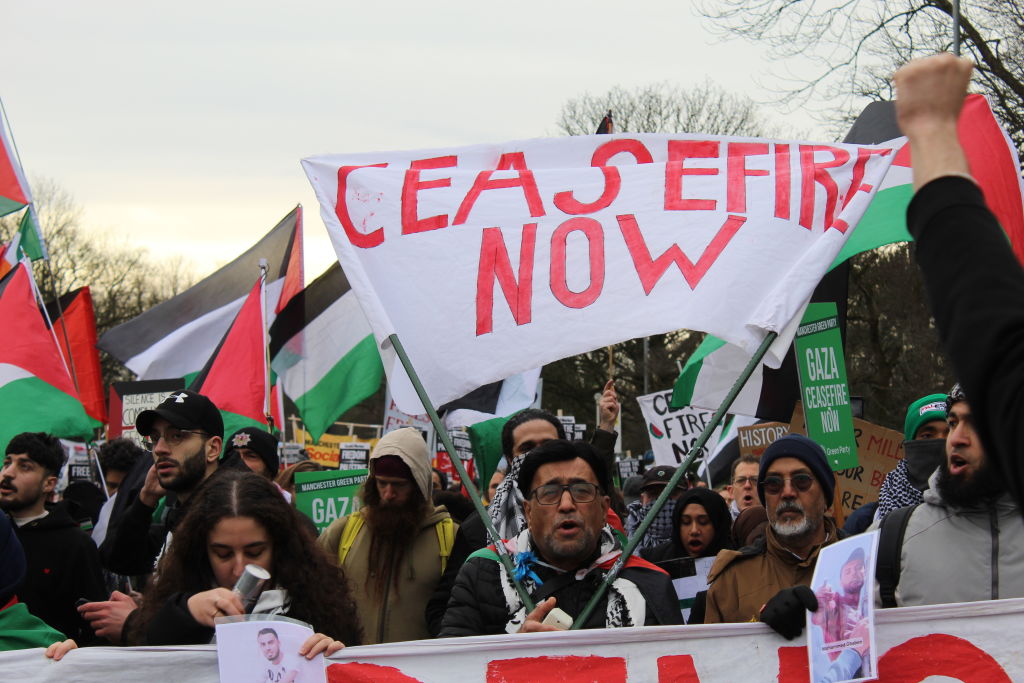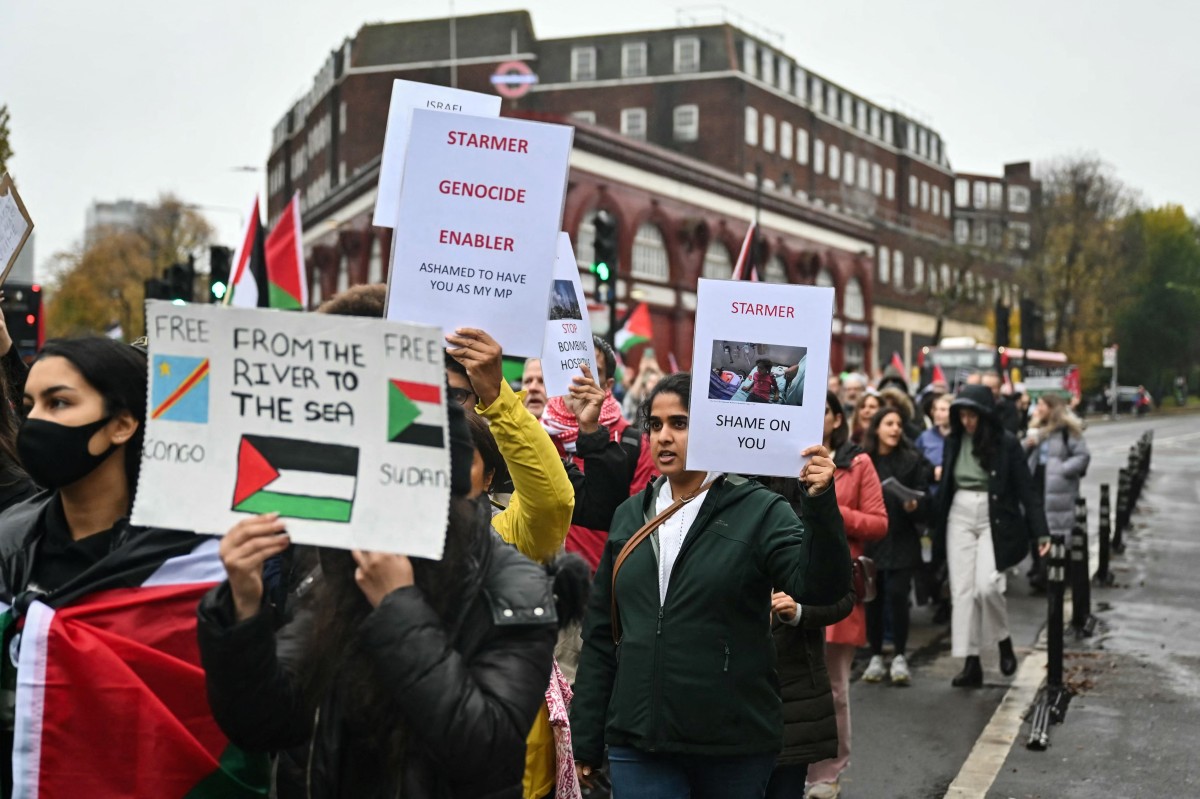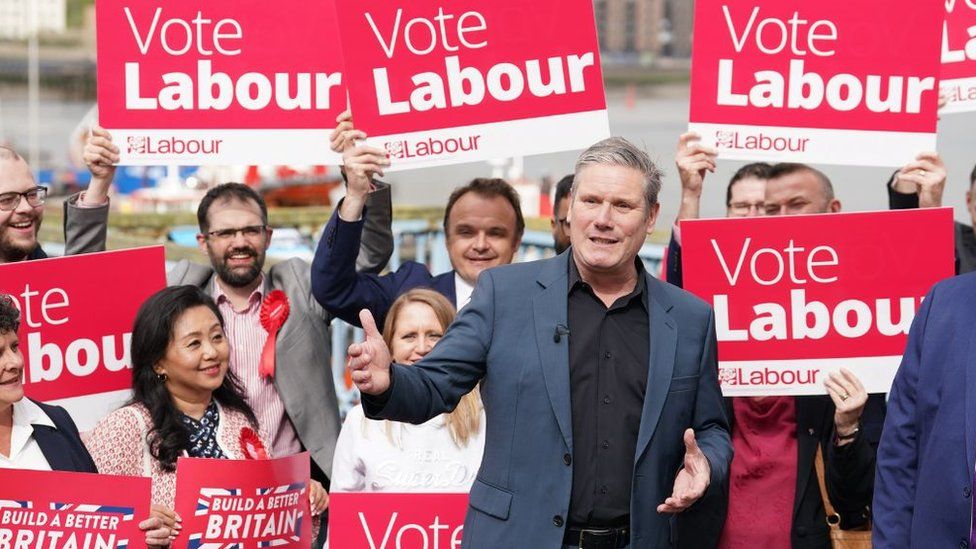Britain’s Labour Party celebrated victories in local elections, but concerns arose over a potential loss of Muslim voters due to the party’s stance on the Gaza conflict.
Despite leader Keir Starmer’s calls for a ceasefire earlier this year, some critics demand a tougher stance on Israel.
In areas with significant Muslim populations, Labour saw a decline in voter support, attributed partly to sentiments regarding Gaza. However, some view this as a protest vote rather than a permanent shift in allegiance.

Starmer acknowledged the impact of Gaza on Labour’s support in certain regions, emphasizing the party’s commitment to regaining lost votes through hard work.
Labour’s performance dipped by eight points in areas where over 10% of the population identifies as Muslim, according to prominent pollster John Curtice.
Starmer’s approach to the conflict closely aligns with the government’s stance, emphasizing Israel’s right to self-defense while condemning the level of destruction in Gaza.
Internal divisions within Labour surfaced over Gaza, with some members of Starmer’s team resigning last year to support a Gaza ceasefire.
The party withdrew support for a candidate accused of espousing anti-Israel sentiments, allowing pro-Palestinian figure George Galloway to secure a parliamentary seat.
In the recent local elections, Labour lost control of councils in areas like Oldham, where former Labour councilors ran as independents over Gaza concerns.

The Labour leader in Bolton acknowledged the impact of the Gaza crisis on election results, with voters choosing a Green Party councilor for the first time.
Despite these challenges, some Labour members express confidence that voters will prioritize domestic issues in the upcoming general election, expected in the second half of the year.
While Gaza remains a significant factor in local elections, its impact on national voting patterns remains uncertain.





